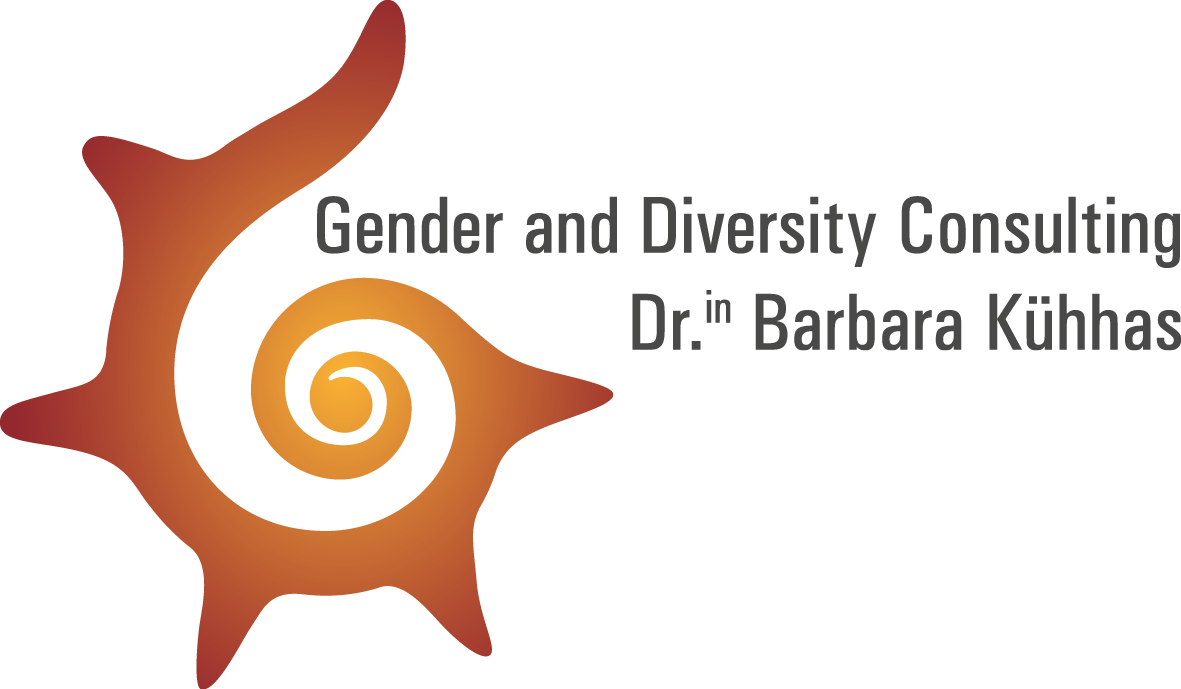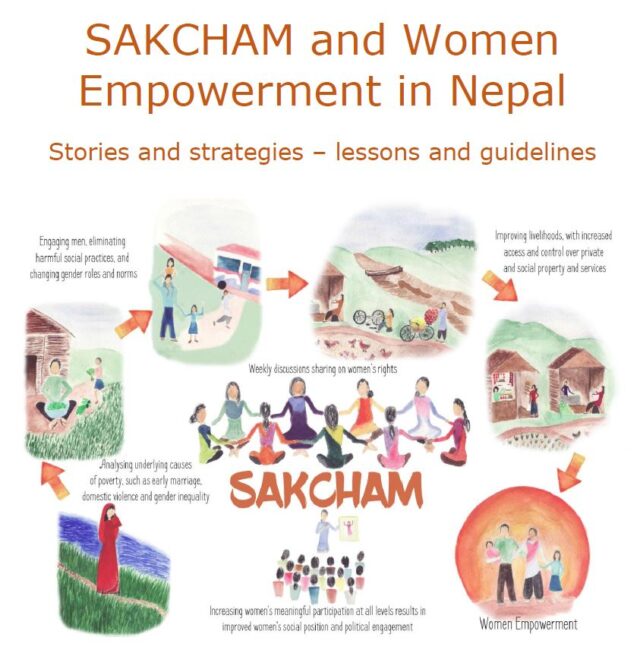This document is both a free-standing overview of SAKCHAM and a manual to engage development practitioners and donors in learning about how CARE Nepal successfully used a right-based approach to tackle women´s empowerment (WE) in post-conflict Nepal. This manual profiles CARE Nepal’s exciting WE work in the SAKCHAM project, which was implemented from 2007 until the end of 2015 in the Terai region of Nepal. Readers will be able to see the main components, the most important learnings, key steps and the outcomes of a holistic model, which we hope and believe, can be replicated elsewhere.
This manual needed to grow over some time. It looks back on more than nine years of cooperation between communities in Sarlahi, Mahottari, Chitwan, Makwanpur and Kaplivastu districts, local NGOs and stakeholders from these districts, CARE Sakcham team, first in Hetauda and later in Bharatpur, CARE Nepal, CARE Austria/Österreich and the Austrian Development Cooperation represented by the Austrian Development Agency. It has been financially supported primarily by the Austrian Development Cooperation, by CARE’s Austria’s fund raising from private persons in Austria as well.
The project which was implemented by the above mentioned cooperation was called “Sakcham” – “competent” in Nepali language. It has become a symbol of strength and competency for various reasons – firstly because of the individuals who supported or worked for this project, many of them stayed with the project throughout all the nine years – this manual is sharing their work and is dedicated to them; secondly because women in the project area, particularly poor, vulnerable and socially excluded women have, with the support of Sakcham, organized themselves in local and regional “networks” (women’s advocacy groups) and have become a voice in local and regional development processes that proves their competency for leadership .
You can access the whole Manual here: 20161122_sakcham-manual-final
Authors: Barbara Kühhas, Bharati Silawal-Giri, Tom Barton
For: CARE Nepal and CARE Austria, 28th August 2016

